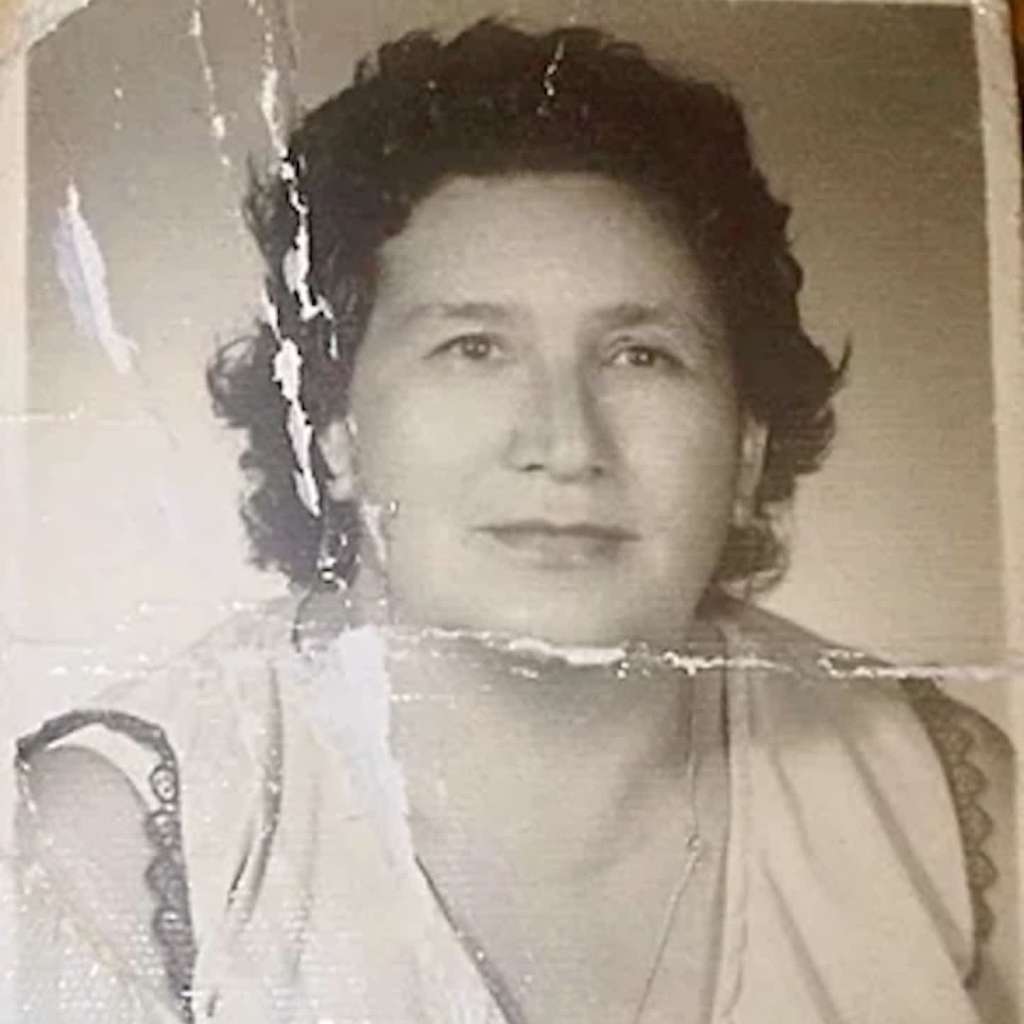I was lounging around my apartment when my mom called. I had just resigned from my job, so I figured she was checking in. Even though I had committed one of the worst things a daughter of immigrants could do – quit a good job, let alone a $100K+ dream job – I still had her full support. But I was wrong. Instead, the next few hours felt like a blur. I suddenly found myself on a plane returning to Guatemala for the first time in 25 years, with my mind racing and a heartbroken mami – my abuelita had unexpectedly passed away.
Abuelita Julia was a guerrera and the matriarch of my mother’s family, spanning five generations. At 19, Mami left her home not necessarily seeking prosperity but with the hope to simply live. Moving to the US was her sueño dorado. Like many immigrant families, we never lost touch with Abuelita, and somehow Mami managed to instil immense Guatemalan pride in all her children. This was no easy feat in a country that is constantly pushing immigrants to assimilate – especially those with ties to a rich Indigenous culture. It’s a culture that was present all throughout my life, from hunting down the best chuchitos in LA to understanding wellness rooted in Mayan traditions. Abuelita possessed unbreakable intergenerational strength; she was indisputably our chapina cultural gatekeeper.
As soon as we landed, we mourned Abuelita around the clock for two nights – lots of prayers, food, flowers, and community. On the day of her burial, we carried her coffin through the streets of El Gallito as live music played loudly through the crying and wailing of my tias. Everything intensified as we got closer to the cemetery. A family member passed out due to heat exhaustion, and another was so overcome with emotions that they had to leave entirely. All the while, I was meeting dozens of cousins and family friends. Everyone wanted to greet Mami’s daughter from the US.
Overwhelmed but grateful to breathe Guatemalan air and walk on Guatemalan soil alongside my precious mami and family, we continued to honor Abuelita. “Nena, la sangre llama,” Tia Blanca has always said (the blood calls), and she’s right; I was at home. The natural beauty of the land and the lush landscape all add to the glory of Guatemala. But where the real magic lies is within the people – Indigenous people like my family, who fuel the thriving Mayan traditions day to day. In my time there, I ate pepián and caldo de gallina in my Tia Flori’s comedor at the local mercado, listened to family anecdotes – stories that will stay with me forever – enjoyed traditional marimba, and relied on the magic of my Tia Ingrid’s té de pericó when I needed it. But what really served as a powerful experience was walking the same streets where my beautiful mother grew up. To feel her excitement, joy, and pain was something I could have never prepared for.
Naturally, the coming weeks would be life-changing as I immersed myself in the culture of my ancestors and opened myself to healing. Growing up a Guatemalan American in LA had its challenges. Identifying as chapina in any way often labeled me as “other” and gave people a reason to question my Mexican heritage on my dad’s side. The reality is, that US Latinos are multicultural and ambicultural, but due to the lack of representation in essentially all aspects of US American life, some people don’t even know Central Americans exist.
In the media, Guatemala is often minimized to a simple immigration conversation. In Hollywood, our narratives are stereotyped and dehumanized – overlooking the beauty in the complexity of our present and history.
In the media, Guatemala is often minimized to a simple immigration conversation. In Hollywood, our narratives are stereotyped and dehumanized – overlooking the beauty in the complexity of our present and history. There’s a lot of racism toward Indigenous cultures (even within the Latino community), but there are also change-makers, people like me who are passionate about amplifying authentic and positive narratives and whose work facilitates dialogue that sparks action and conversation.
On the other hand, interest in travelling to Guatemala has skyrocketed. While it brings me happiness to see my motherland celebrated, I question who’s truly benefiting from this economic growth? We all know who. So if you find yourself visiting Guatemala and falling in love with the culture, a way you can give back is by donating to local organizations like the MAIA Impact School, the first school in Central America led by Indigenous women for Indigenous girls that offers a holistic education.
The timing of my grandmother’s death was uncanny. I was carrying so much stress from my life back home, but somewhere between grief and excitement, reality grounded me in my Indigenous roots. It opened the door to truly understanding who my mother is. I’ve always been aware of the sacrifices made by Mami for me to pursue my dreams freely, but what I undoubtedly learned is that my mother was an agent of change for her family aqui y alla.
Sharing this experience hasn’t been easy: being first-gen is complicated. But I believe in the power of vulnerability, and I choose to proudly celebrate my cultural heritage, honour my abuelita, and embrace all of me.

